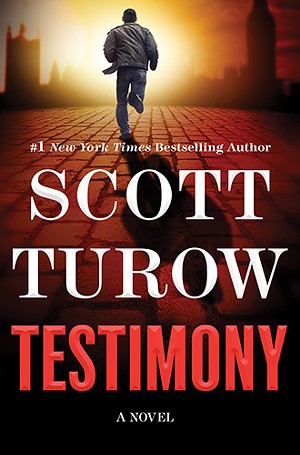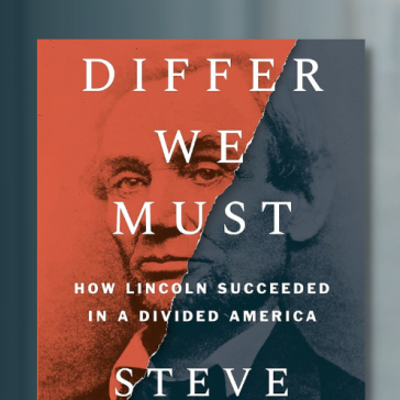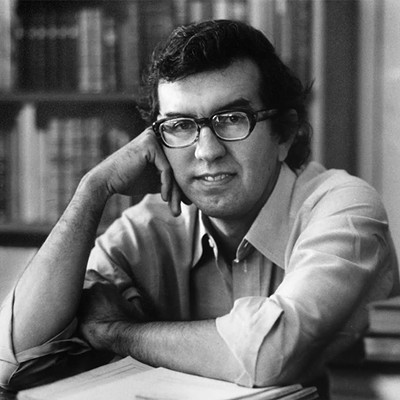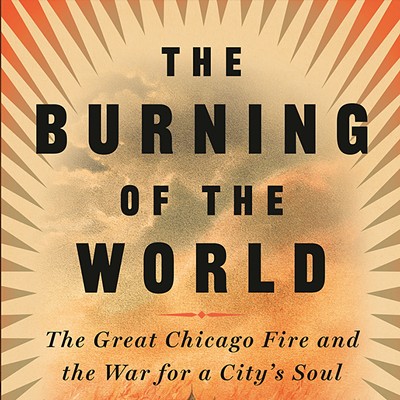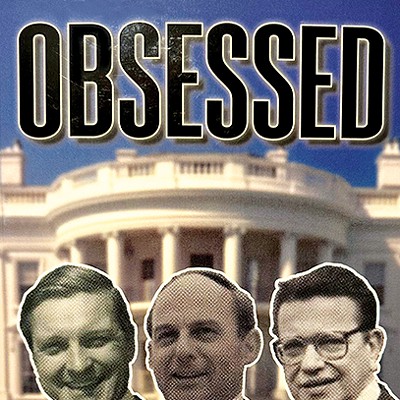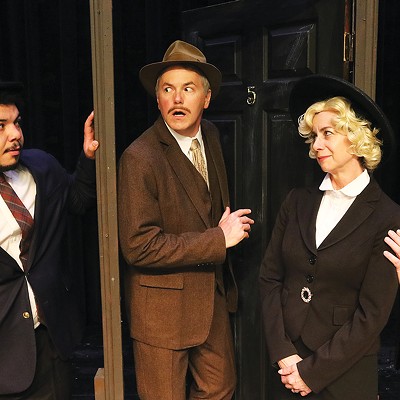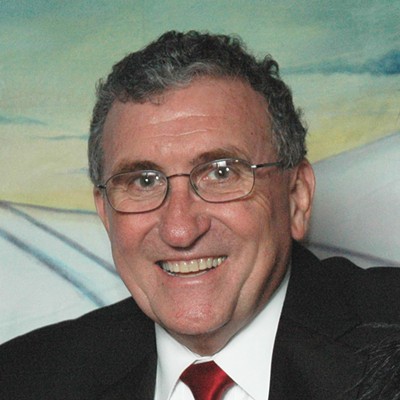A courtroom thriller to make you think
[
{
"name": "Air - MedRect Combo - Inline Content 1",
"component": "11490391",
"insertPoint": "3",
"requiredCountToDisplay": "1",
"parentWrapperClass": "fdn-ads-inline-content-block"
},{
"name": "Air - MedRect Combo - Inline Content 2",
"component": "11490392",
"insertPoint": "7",
"requiredCountToDisplay": "5",
"parentWrapperClass": "fdn-ads-inline-content-block"
},{
"name": "Air - MedRect Combo - Inline Content 3",
"component": "11490393",
"insertPoint": "12",
"requiredCountToDisplay": "9",
"parentWrapperClass": "fdn-ads-inline-content-block"
}
]
Deep into his new novel, Testimony, author Scott Turow makes a prescient observation about trial lawyers through the thoughts of his protagonist, Willian ten Boom. “The truth is that every effective trial attorney develops a style of their own, just like good painters and singers and pitchers, one that involves capitalization on idiosyncrasies.” Turow may not have realized it as he typed these words, but ten Boom’s observation applies equally to authors writing in the genre of legal fiction. They also are a very idiosyncratic group.
John Grisham, who has shared many podiums with Turow on the subject of capital punishment, writes in a frenetic style. His characters sometimes face danger around every corner and often seem more like James Bond than Perry Mason. Grisham can also be a little angrier in his books and often makes his personal views on legal issues the focus. His books are always best-sellers.
Michael Connelly, another of my favorite legal novelists, is more willing to spend time in the fictional courtroom than either Turow or Grisham. Perhaps that is because his courtroom ventures are not his main writing. Detective Harry Bosch remains Connelly’s main character and Connelly has plenty of violence on the pages of his books. Mickey Haller is Connelly’s lawyer character and those courtroom novels appear in addition to the Bosch detective novels.
Turow is a little more cerebral than either Grisham or Connelly. His books proceed at a less frantic pace and often cover subjects that are not the grist of typical courtroom fiction. Testimony, set primarily in the International Criminal Court in The Hague, is the story of an investigation into events during the chaos of the war in Bosnia. It raises important questions of responsibility, patriotism, corruption and the role of military power. And even as it confronts these weighty issues, it keeps the reader engaged in a page-turning thriller.
William ten Boom is having a midlife crisis. After an accomplished legal career as a prosecutor, U.S. attorney and partner in a major law firm, his marriage has failed and his career no longer seems to offer solace. Seeking a spark to rejuvenate his life, he accepts the offer of a longtime friend and travels to The Hague to investigate the disappearance of a village of Gypsy refugees in the chaos during the concluding days of the Bosnian War. Testimony opens with ten Boom questioning his star witness at a preliminary hearing to determine whether an investigation will be conducted. Turow is masterful in creating fictional court proceedings. As an experienced trial lawyer, he always brings this strength to his novels. Ferko Rincic is the sole survivor of what appears to be a massacre of his fellow Gypsys. Having secured the determination of the court that a crime has occurred, ten Boom investigates.
Turow weaves his story through visits to European venues and an international cast of supporting characters including Americans ten Boom and retired U.S. Major General Morgan Merriwell. Although Turow advises readers that Testimony is inspired by actual events, the novel is a work of imagination. But the difficulties that led Merriwell to his resignation from the military and his subsequent public humiliation are clearly reminiscent of recent events in our country. Readers also encounter Esma Czarni, a mysterious British barrister whose involvement in the Gypsy massacre is personal as well as professional.
In the course of ten Boom’s investigation, Turow also takes the opportunity to return him to his home in Brigadoon, Kindle County. Many Turow novels, including Presumed Innocent, the book that started his career, are set in this fictional locale. Longtime Turow readers will find the return to this community interesting because Turow informs his audience about how the lives of many of the characters from other novels have progressed.
Turow’s last novel, Identical, was set in Kindle County. It was a disappointing effort. But Turow is back on his game in Testimony. It combines an intriguing plot with contemporary issues. At its conclusion readers will be contemplating some important legal issues. The book ends, but the thinking does not.
Stuart Shiffman of Springfield is a retired judge.
John Grisham, who has shared many podiums with Turow on the subject of capital punishment, writes in a frenetic style. His characters sometimes face danger around every corner and often seem more like James Bond than Perry Mason. Grisham can also be a little angrier in his books and often makes his personal views on legal issues the focus. His books are always best-sellers.
Michael Connelly, another of my favorite legal novelists, is more willing to spend time in the fictional courtroom than either Turow or Grisham. Perhaps that is because his courtroom ventures are not his main writing. Detective Harry Bosch remains Connelly’s main character and Connelly has plenty of violence on the pages of his books. Mickey Haller is Connelly’s lawyer character and those courtroom novels appear in addition to the Bosch detective novels.
Turow is a little more cerebral than either Grisham or Connelly. His books proceed at a less frantic pace and often cover subjects that are not the grist of typical courtroom fiction. Testimony, set primarily in the International Criminal Court in The Hague, is the story of an investigation into events during the chaos of the war in Bosnia. It raises important questions of responsibility, patriotism, corruption and the role of military power. And even as it confronts these weighty issues, it keeps the reader engaged in a page-turning thriller.
William ten Boom is having a midlife crisis. After an accomplished legal career as a prosecutor, U.S. attorney and partner in a major law firm, his marriage has failed and his career no longer seems to offer solace. Seeking a spark to rejuvenate his life, he accepts the offer of a longtime friend and travels to The Hague to investigate the disappearance of a village of Gypsy refugees in the chaos during the concluding days of the Bosnian War. Testimony opens with ten Boom questioning his star witness at a preliminary hearing to determine whether an investigation will be conducted. Turow is masterful in creating fictional court proceedings. As an experienced trial lawyer, he always brings this strength to his novels. Ferko Rincic is the sole survivor of what appears to be a massacre of his fellow Gypsys. Having secured the determination of the court that a crime has occurred, ten Boom investigates.
Turow weaves his story through visits to European venues and an international cast of supporting characters including Americans ten Boom and retired U.S. Major General Morgan Merriwell. Although Turow advises readers that Testimony is inspired by actual events, the novel is a work of imagination. But the difficulties that led Merriwell to his resignation from the military and his subsequent public humiliation are clearly reminiscent of recent events in our country. Readers also encounter Esma Czarni, a mysterious British barrister whose involvement in the Gypsy massacre is personal as well as professional.
In the course of ten Boom’s investigation, Turow also takes the opportunity to return him to his home in Brigadoon, Kindle County. Many Turow novels, including Presumed Innocent, the book that started his career, are set in this fictional locale. Longtime Turow readers will find the return to this community interesting because Turow informs his audience about how the lives of many of the characters from other novels have progressed.
Turow’s last novel, Identical, was set in Kindle County. It was a disappointing effort. But Turow is back on his game in Testimony. It combines an intriguing plot with contemporary issues. At its conclusion readers will be contemplating some important legal issues. The book ends, but the thinking does not.
Stuart Shiffman of Springfield is a retired judge.
Illinois Times has provided readers with independent journalism for almost 50 years, from news and politics to arts and culture.
Your support will help cover the costs of editorial content published each week. Without local news organizations, we would be less informed about the issues that affect our community..
Got something to say?
Send a letter to the editor and we'll publish your feedback in print!

